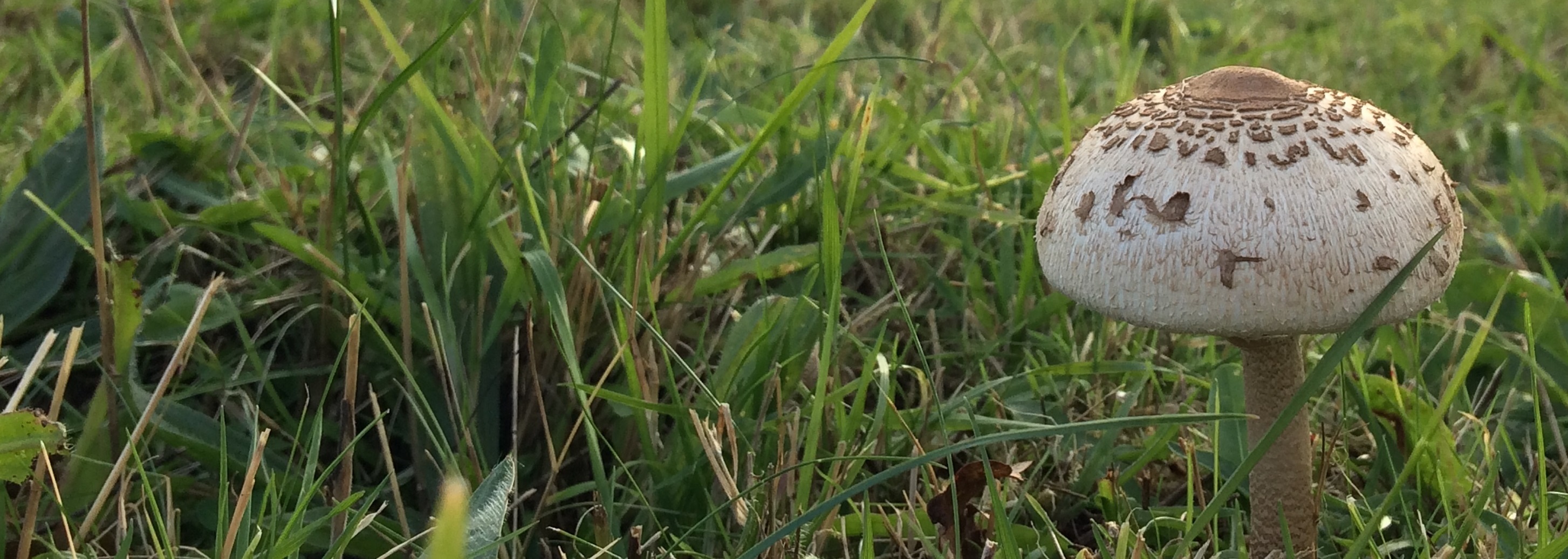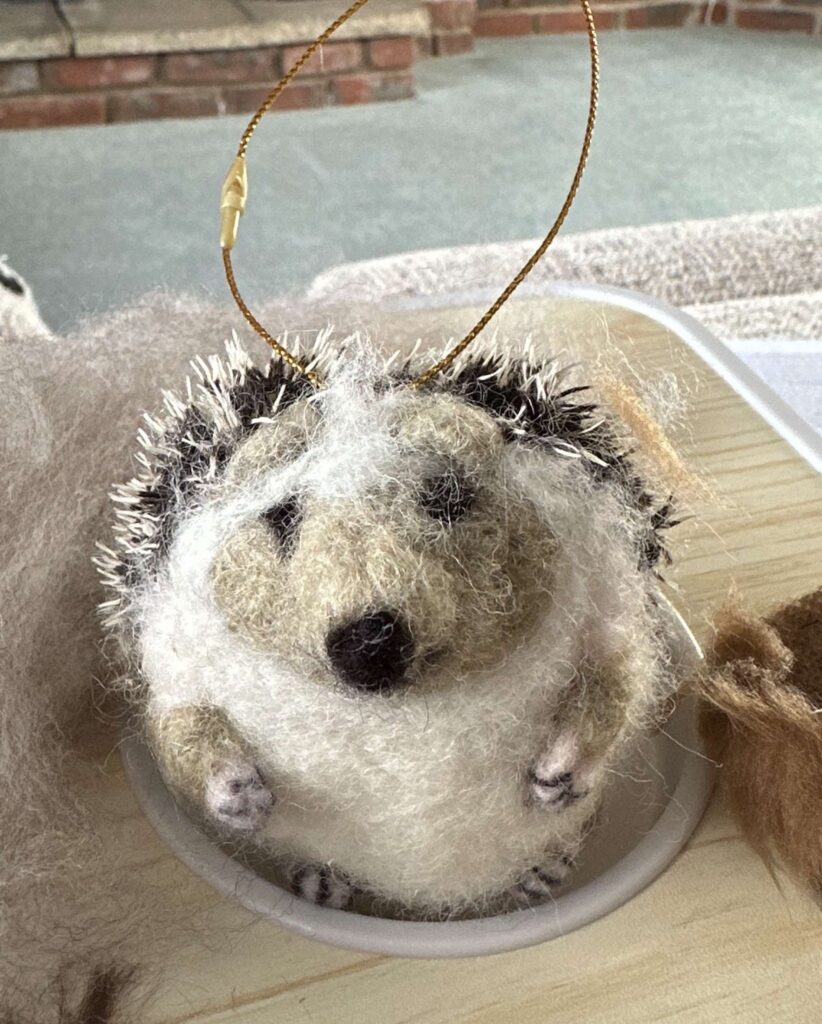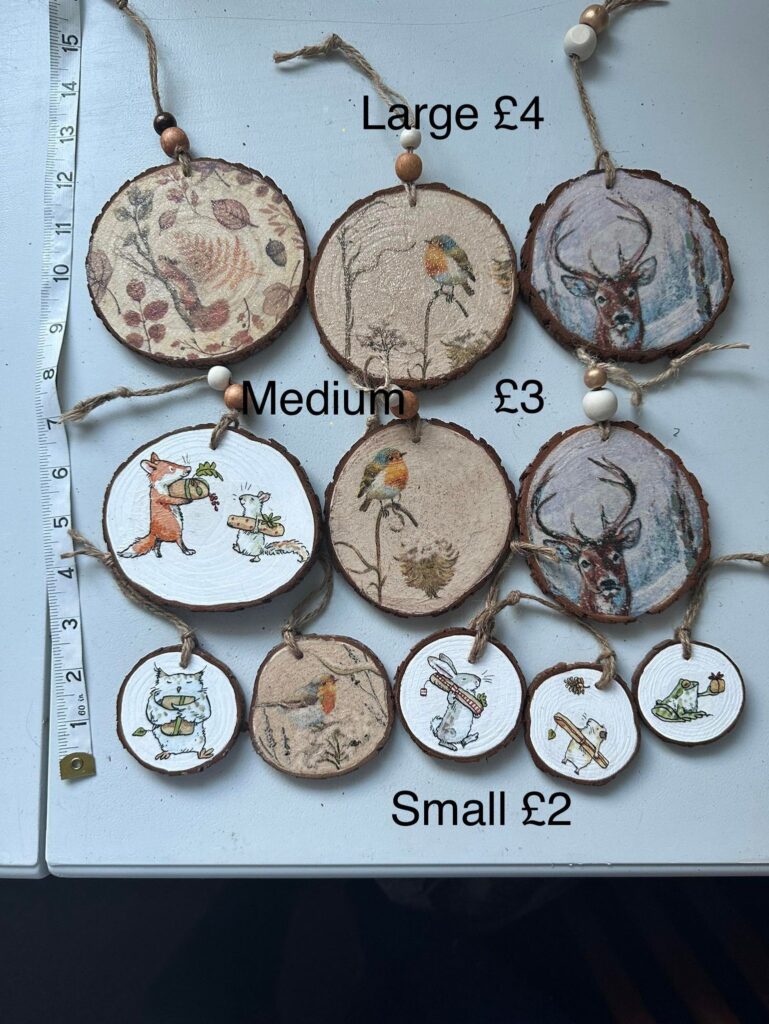Wild discoveries in churchyards and cemeteries
MWN certainly know that a diverse array of species are thriving in our historic churchyards and cemeteries, as a quick glance at our St Mary’s Graveyard iNaturalist project will attest!
You may remember the Bioblitz that was run in association with Hull Natural History Society. Well the results of this UK wide survey are now available! From the article:
In June communities across the UK united to celebrate Love Your Burial Ground Week, Churches Count on Nature, and National Cemeteries Week, with more than 300 events highlighting the unique blend of history, nature, and community found within local churchyards and cemeteries.
The Churches Count on Nature initiative, organised by Caring for God’s Acre and supported by the Church of England, the Church in Wales, and A Rocha UK, has generated an impressive collection of wildlife records that are still coming in.
Participants contributed by visiting their local churchyards and cemeteries to record the wildlife they encountered, from wildflowers to insects, birds, and mammals. During the last four years more than 43,700 records have been submitted, with more expected this year as data continues to be processed.
Read the full article here.










